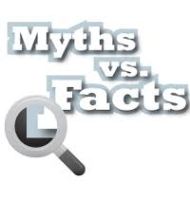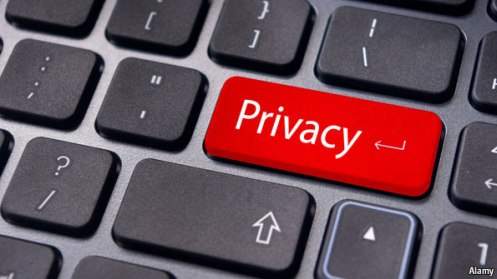
People who claim privacy is dead in this age of digital sharing are just plain wrong. Social networking sites demonstrate that people do differ in what they are freely willing to make public. But what we all have in common is that no one wants to give up ultimate control over their personal information. We want to choose what gets shared and with whom. It also protects our reputation not only in our personal lives, but also in our daily work.
Not too long ago, Facebook hit an incredible milestone – one billion users. That means roughly one in seven people on this planet now have a Facebook account. Yet Facebook has a problem. More recently, Facebook announced it would stop using controversial facial recognition technology in Europe in response to concerns expressed by privacy advocates and data protection authorities. the company appears to be giving privacy more consideration in certain areas, including providing clearer, more understandable information to members on various personal information handling practices.
Google is another company which had to admit it had collected data from unsecured wireless networks as its cars were photographing streetscapes for its Street View map service in Canada and around the globe.
A lot of trouble and grief would be saved all around if organizations built the concern for privacy into their innovation cycle. We need to find ways to make organizations more accountable; organizations need to be more proactive and to build privacy in at the front end. This is the way to being competitive and maintaining consumer trust.
From a communications and marketing point of view, consider the advantages of showcasing your privacy safeguards in advance, rather than having to apologize for their absence in the aftermath. Good privacy can be a competitive advantage. It can help build trust with consumers and citizens.
Sudi Nour
The field of data security is rife with mistaken beliefs which cause people to design ineffective security solutions. Here are some of the most prevalent security myths:
- Myth: Hackers cause most security breaches.
In fact, 80% of data loss is to caused by insiders.
- Myth: Encryption makes your data secure.
In fact, encryption is only one approach to securing data. Security also requires access control, data integrity, system availability, and auditing.
- Myth: Firewalls make your data secure.
In fact, 40% of Internet break-ins occur in spite of a firewall being in place.

Privacy is becoming one of the central debates of our time. Technological and commercial developments have strengthened companies’ ability and incentive to gather, manipulate and trade personal data. Because personal data are a type of asset for many companies, in time, personal data may well become a competition issue. Concentration concerns could exist if a company has exclusive access to personal data in a given market.
To visualize it more we can look at a number of recommendations to Google by the French data protection authority, the CNIL, that examines Google’s compliance with European data protection law.
Recommendations:
• That Google enhance its notices to users by becoming more specific about what types of data Google processes and combines, and for which services; by introducing new interactive privacy notices; by adding more in-product and product-specific privacy information; and so on.
• That Google simplify the various opt-out mechanisms that it provides to users, and to make them available in “one place”;
• That Google obtain explicit user consent for the combination of user data for certain purposes.
We can point to data portability as another area that could fall under competition regulators’ purview, if customers were prevented from switching from a company to another because they cannot carry their data along. Data portability is currently a significant issue of contention in Europe, in part because the proposed Data Protection Regulation would grant data subjects the right to obtain and export data in a standardized format. Some companies in the IT sector oppose the proposed right to data portability on the ground that lock-in should not be treated as a data privacy issue, and should instead be dealt with under competition rules.
Sudi Nour
Internet censorship is the control or suppression of the publishing of, or access to information on the Internet. It may be carried out by governments or by private organizations at the behest of government, regulators, or on their own initiative. Individuals and organizations may engage in self-censorship for moral, religious, or business reasons, to conform to societal norms, due to intimidation, or out of fear of legal or other consequences.
Opinions on the topic of Internet censorship vary, with arguments being made both for and against censorship. Moreover, the extent of Internet censorship varies on a country-to-country basis. While some countries have little Internet censorship, other countries go as far as to limit the access of information such as news and suppress discussion among citizens. Internet censorship also occurs in response to or in anticipation of events such as elections, protests, and riots. An example is the increased censorship due to the events of the Arab Spring. Other areas of censorship includes copyrights, defamation, harassment, and obscene material.
wikipedia
